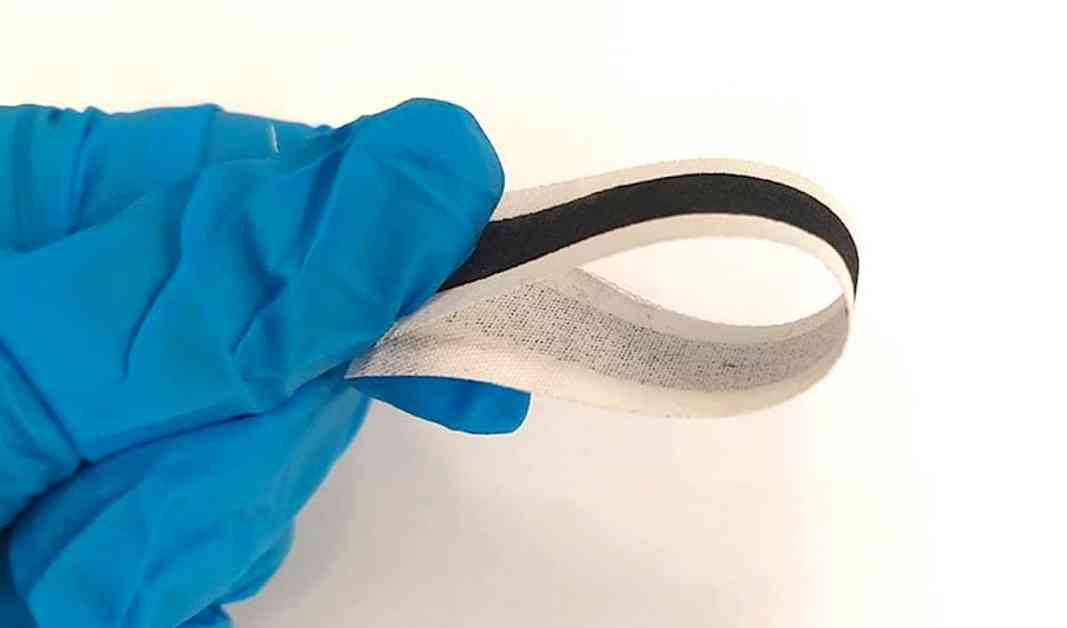Developing Biodegradable E-Textiles: A Breakthrough in Sustainable Technology
In a groundbreaking study, a team of researchers from various universities in the UK have made a significant advancement in the field of sustainable technology by developing biodegradable electronic textiles. The study, led by Nazmul Karim, a professor at the University of Southampton, focuses on creating ‘Smart, Wearable, and Eco-friendly Electronic Textiles’ (SWEET) that have the ability to decompose after their useful life.
The Innovation Behind Biodegradable E-Textiles
To create these biodegradable e-textiles, the researchers utilized a three-layer fabric consisting of a Tencel-fabric base, an interface layer, and a sensor layer. By incorporating materials like graphene and PEDOT:PSS, a conductive polymer, the team was able to develop electronic elements that are both sustainable and functional. The use of inkjet printing to attach these materials to the fabric not only reduced water and energy consumption but also eliminated material waste.
Testing and Results
In order to assess the performance of the fabric, the researchers conducted tests by incorporating it into gloves worn by human participants. The fabric successfully measured electrocardiogram (ECG) signals and skin temperature, demonstrating its effectiveness in healthcare applications. The team also evaluated the biodegradability of the fabric by burying it in soil, leading to a substantial decrease in weight and strength over a four-month period.
Implications for the Future
With the global demand for smart wearable technology on the rise, the development of biodegradable electronic textiles holds immense potential in reducing e-waste and environmental impact. As the market for smart textiles continues to expand, innovations like SWEET will play a crucial role in meeting consumer needs while promoting sustainability. The researchers behind this study emphasize the importance of further research into sustainable materials to address the growing issue of e-waste and pollution.
By creating eco-friendly alternatives to traditional electronic textiles, this study paves the way for a more sustainable future in the field of wearable technology. Through their innovative approach to material selection and manufacturing, the researchers have set a new standard for environmentally conscious design in the industry.
Paige, a writer from Los Angeles who specializes in sustainability, applauds the efforts of the research team in developing biodegradable e-textiles. As an advocate for eco-friendly practices, she recognizes the significance of this breakthrough in promoting a greener approach to technology. Join Paige in supporting sustainable innovations that prioritize both functionality and environmental responsibility.














